
Although there are multiple Linux distros, the most focused users in a specific area choose the options specially designed for their activities. Security distributions are one of the main types of Linux operating systems among which users, pentesters and system administrators can choose.
Network security and ethical hacking specialists from the International Institute of Cyber Security bring a list of the best available Linux distributions specialized in user’s security and privacy.
Qubes OS
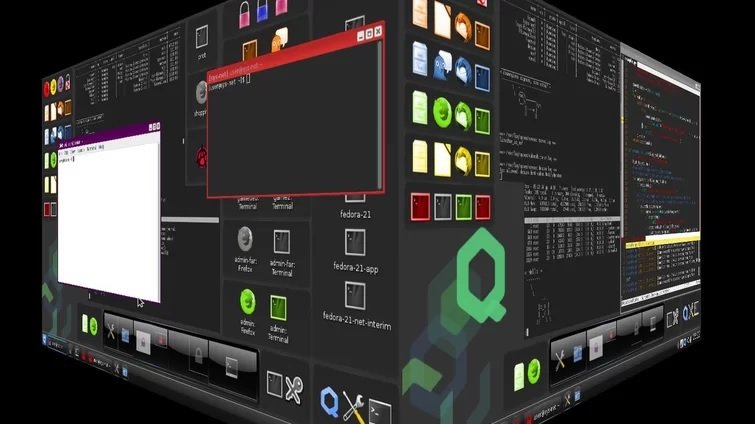
Qubes is one of the best options for network security experts working with services that should be kept isolated from the rest. In Qubes, each service or application runs on a separate isolated component (qube), which is very useful to prevent infected browsers, viruses embedded in files, and other programs from altering the rest of the system. In addition, individual qubes are disposable; they can easily be stopped and removed from the contents and memory of the hard drive, resulting in a clean host in which multiple applications and services can be run.
Kali Linux
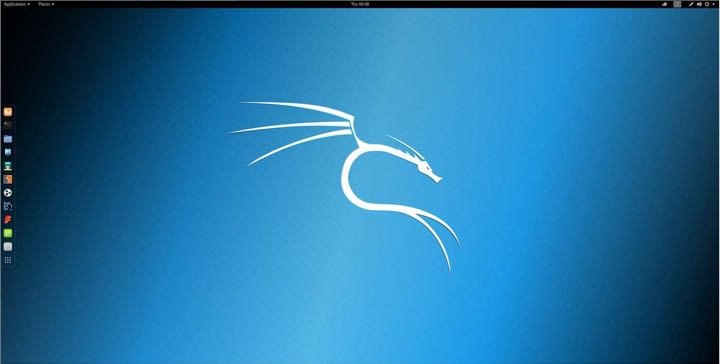
It is the most used operating system for penetration testing. Kali Linux is one of the few distributions that implement advanced accessibility features: both voice feedback and Braille hardware are supported. In addition, Kali Linux has a “nuclear option”, with which researchers can safely remove all data found on accessible hard disks. This ensures that such data cannot be recovered, as the cleanup functions use solid algorithms to permanently eliminate the contents.
Tails Linux
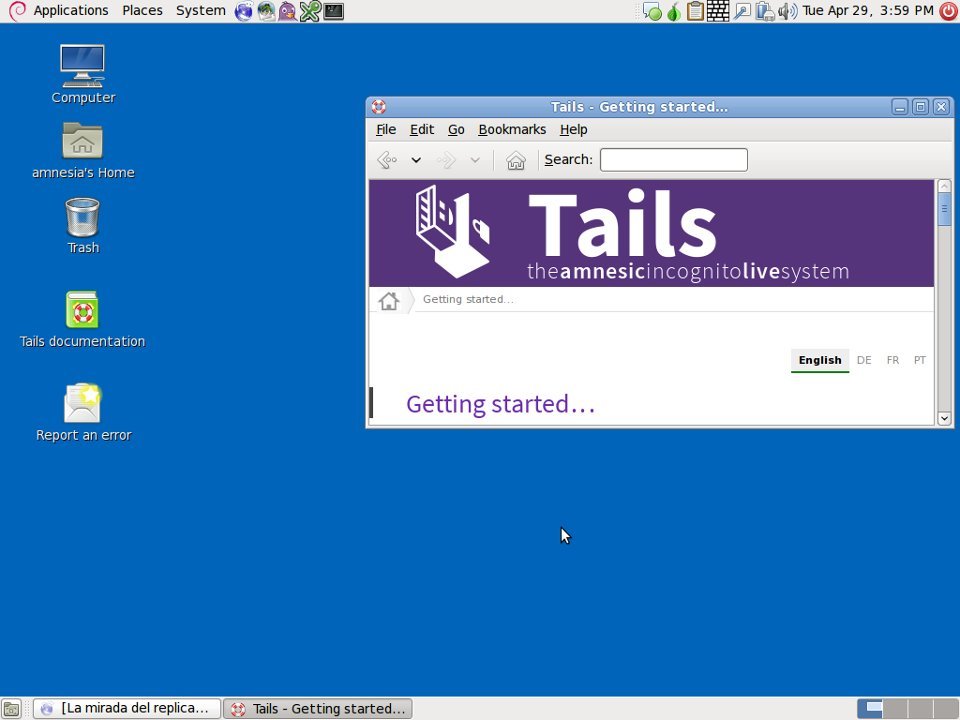
The Tails Linux distro is a specially designed version to ensure the user’s online privacy and anonymity. According to network security experts, users can opt to use the default Tails setting to browse on Tor. Tails Linux distribution was designed to leave no trace, it runs only from the computer’s RAM, which is automatically erased as soon as the OS stops.
Parrot Linux
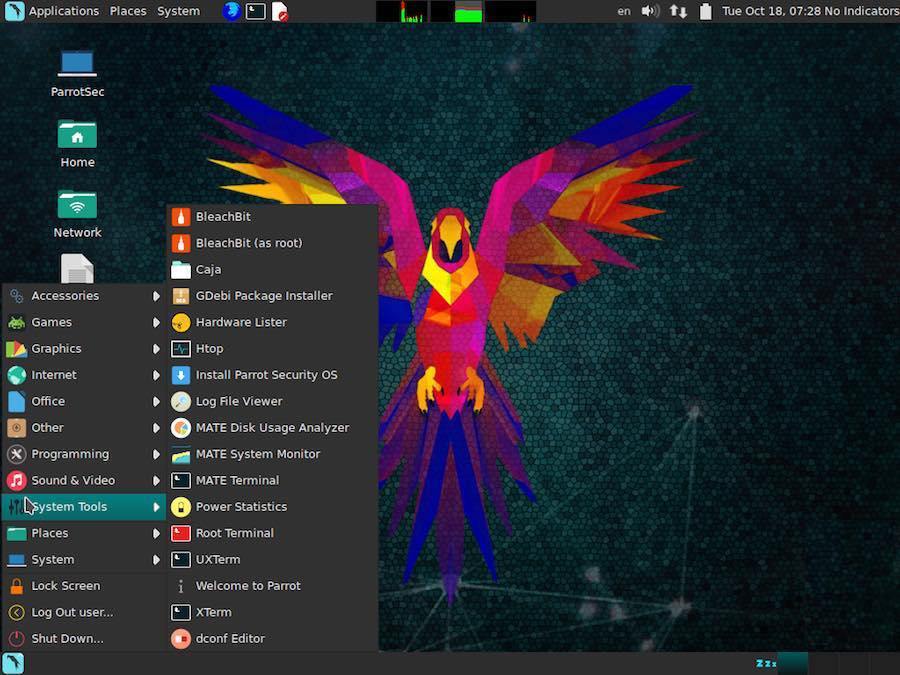
The distinctive feature of this system is that it consists of a sandbox with a custom security profile. This means that applications and user data will be protected, even in case of cyberattacks. Pentesters can also use this distro because it integrates all the common tools that are pre-configured with easy access to the root and relevant security configurations so that the job can start immediately.
BlackArch Linux
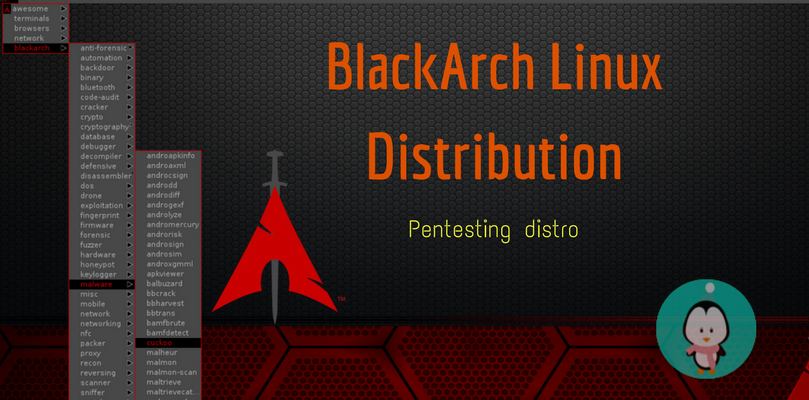
This distribution was designed thinking about the work of the pentester. It launches a custom low-resource optimized environment that includes more than 2000 tools used by network security experts for any situation.
The BlackArch Linux disk images are 64-bit only allowing the developers to built optimized packages for all modern computers. Conveniently they have also created an image that is compatible with all popular virtual machine hosts
Whonix Linux
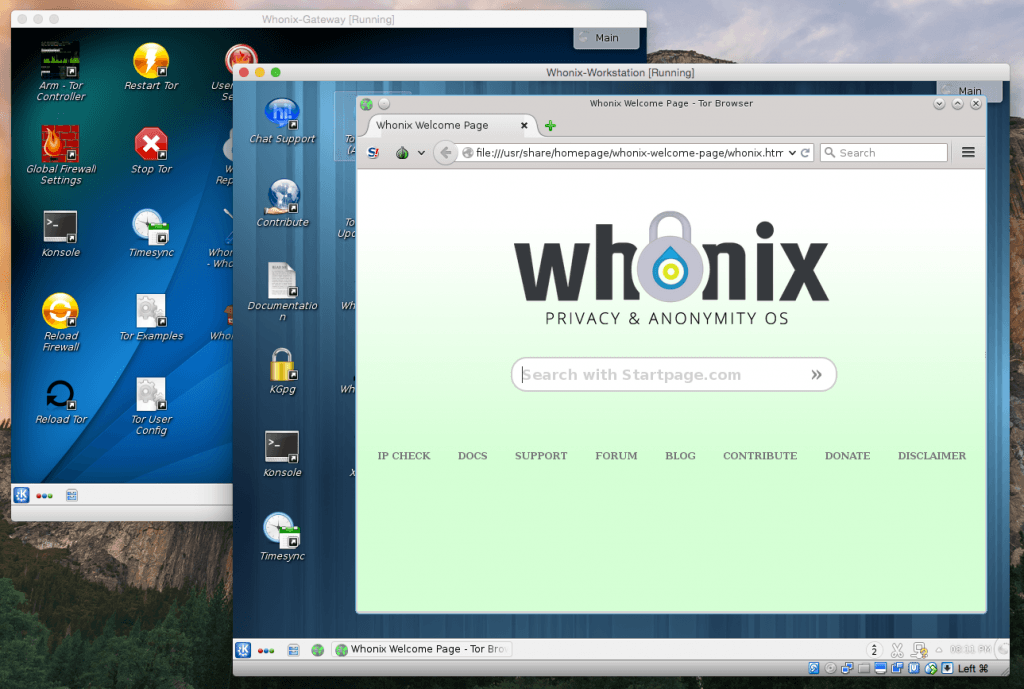
Whonix Linux provides a secure environment for Tor browsing. This distro guarantees the privacy of users on the Internet and provides protection against some variants of Man-in-the-Middle attack. The OS is Debian-based and the environment runs on virtual machines, adding several additional layers of protection to protect users from malware and IP address leaking.
CAINE Linux
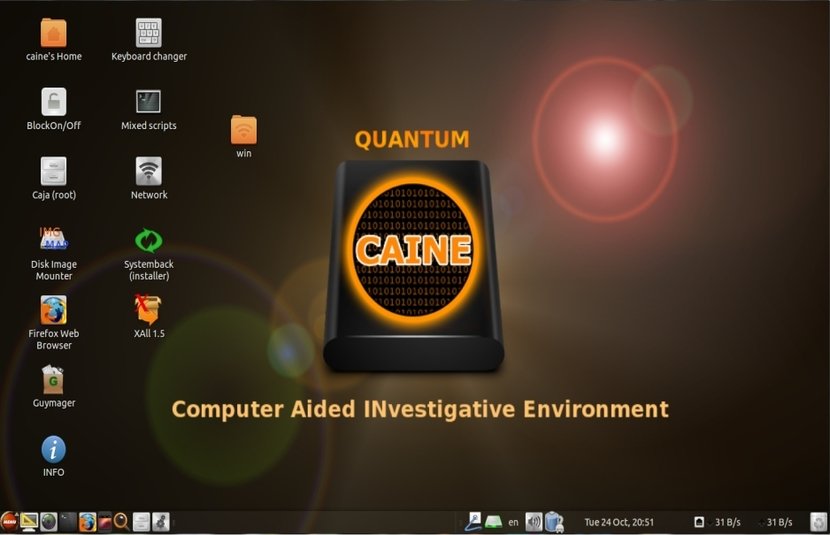
The Computer Aided Investigative Environment (CAINE) distribution is one of the most requested options for digital forensic analysis. The environment includes a live preview option that simplifies access to administrative functions and evidence output. CAINE Linux has an easily operable graphical interface and is user-friendly.
Whatever the distribution of Linux that researchers choose from this list will be useful, as these are the most used options, both amateurs and professionals, as reported by network security specialists.

He is a well-known expert in mobile security and malware analysis. He studied Computer Science at NYU and started working as a cyber security analyst in 2003. He is actively working as an anti-malware expert. He also worked for security companies like Kaspersky Lab. His everyday job includes researching about new malware and cyber security incidents. Also he has deep level of knowledge in mobile security and mobile vulnerabilities.











